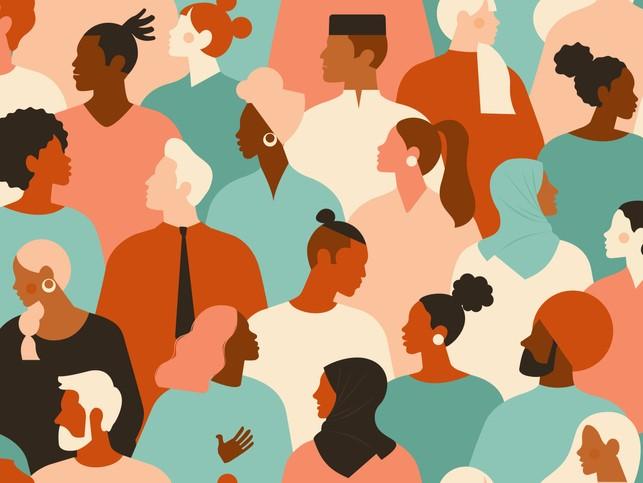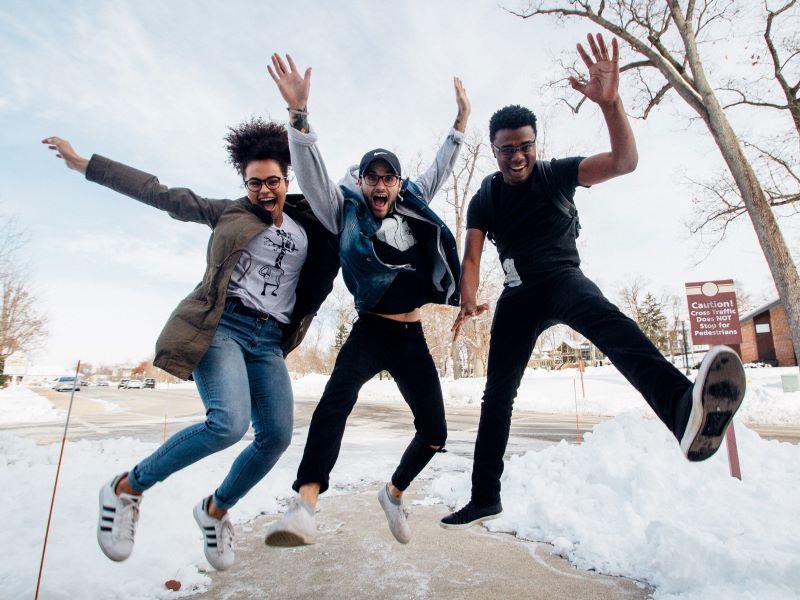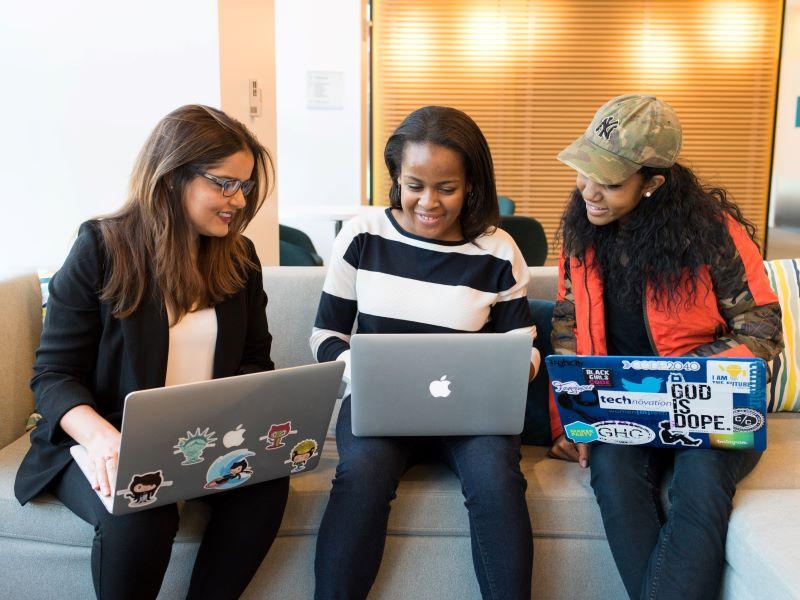Back on a cool March morning, I went through my usual pandemic ritual of logging into Zoom, when an urgent message came in from a small group of students in my health justice class – an online class I developed mid-pandemic.
“Can we please meet, or Zoom, professor? And it’s not exactly about class,” the message read. I cancelled my morning meeting and invited the students to jump online with me. When their faces came up, I immediately noticed their red-rimmed eyelids, heavy with emotion. And they had every right to feel that way.
Moments earlier, news broke that there had been several shootings in Atlanta targeting Asian and Asian American women specifically. Two of my three students on the call were Asian American women and the third was a Black woman.
“As if all the pain of the pandemic…and all that is happening in the world weren’t bad enough, now we have to carry the weight of hate crimes,” one of the Asian American students said.
“Hate against one of us is hate against all of us,” the Black woman added. “That’s kind of the Coalition mantra.”
“Let’s take this to the Council of Coalitions to maybe make a collective statement,” the first student said.
My students were referring to a unique student grouping at Arizona State University (ASU) called the Council of Coalitions (CoC).
In their own words, the Council of Coalitions offers students “a prime opportunity for leadership. [Its] vision is to ensure that ASU is a welcoming, inclusive and supportive community that respects and honours all cultures and identities”.
While many institutions of higher education share this goal, what is unique about this council is the seven coalitions that comprise the group: the Alliance of Indigenous Peoples; the Asian/Pacific American Student Coalition; the Black African Coalition; the Coalition of International Students; the Rainbow Coalition; El Concilio; and the Women’s Coalition.
Celebrating its 27th anniversary this year, the council organises events to increase awareness about the many identities at ASU, and every month the seven groups come together in solidarity to address some of the most pressing concerns facing our institution.
So it was no surprise that in response to the news of anti-Asian violence, the council provided support and devised strategies for the community as a whole. They came up with a plan to host a series of events in April to raise awareness about anti-Asian hate, and combined this with supporting the publication of a statement that the School of Social Transformation at ASU published the following day.
Many institutions of higher education struggle with aligning the two “sides” of the house: academic affairs and student affairs. The council has a strategy for that, too. They have strengthened their work by not only being intersectional but intentionally intergenerational and inclusive. They do this by regularly inviting faculty and administrators to their meetings to figure out the synergies in challenges we are facing and opportunities to move forward.
For example, on numerous occasions the council has worked with the Faculty Women of Colour Caucus and the Faculty Women’s Association to put out statements and calls to action. The CoC also came together with faculty groups to encourage the ASU President to release a formal plan of action for how we, as an institution, would take steps to becoming an anti-racist institution.
The council has invited us, as deans, to join them in discussions about the curriculum changes they would like to see and how co-curricular programmes and the academic experience must be hand-in-glove. Where others have faced challenges in this arena, the council has managed to solve one of higher education’s biggest challenges by doing what they do best: coalition-building.
If the past 12 months have shown us anything, it’s that coalition-centred solidarity movements are essential to solving the wicked problems that challenge our society. We are amid a triple pandemic: Covid-19 continues to ravage much of the world; a pandemic of climate injustices threatens our planet; and the social pandemic of racism has rendered visible the terrible injustices faced by communities of colour. Coming together to support one another is the only way forward – and the Council of Coalitions is a model for intersectional and inter-group organising that our societies so desperately need.
In the past four years, a national discourse has emerged about the “failure of higher education”. Failed institutions are referenced, and fingers have been pointed at what have been variously called “dangerous” faculty intent on brainwashing students, incompetent administrators and snowflake students. There are interesting echoes of conversations about “failed states” where similar accusations are levelled at leaders and citizens of various nations.
Higher education and the nation state share the challenge of operating inside systems created centuries ago that haven’t modernised alongside society. But like the nation state, this doesn’t mean that higher education is failing. Rather, this moment presents an opportunity for meaningful structural change.
For its part, the CoC has pressed for increased diversity in faculty hiring, student evaluations that allow learners to comment on a particular lecturer’s commitment to creating an inclusive classroom and curricular change such that all students must take courses in the dynamics of difference and power.
Having studied social movements across the globe for two decades, I believe the model deployed by the Council of Coalitions can not only profoundly change higher education for the better but bring about the necessary social transformation our world so desperately needs.
Pardis Mahdavi is professor of anthropology and dean of social sciences at Arizona State University.




comment